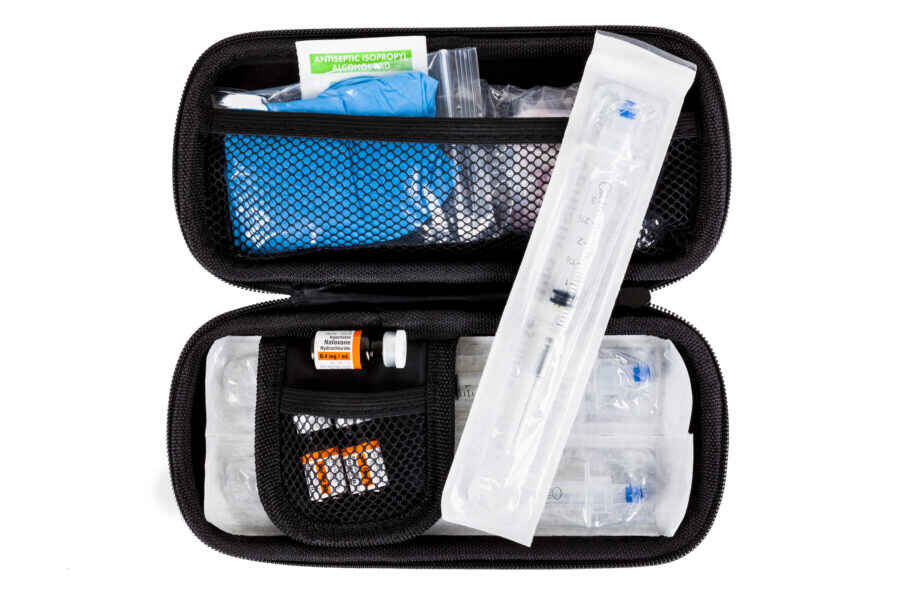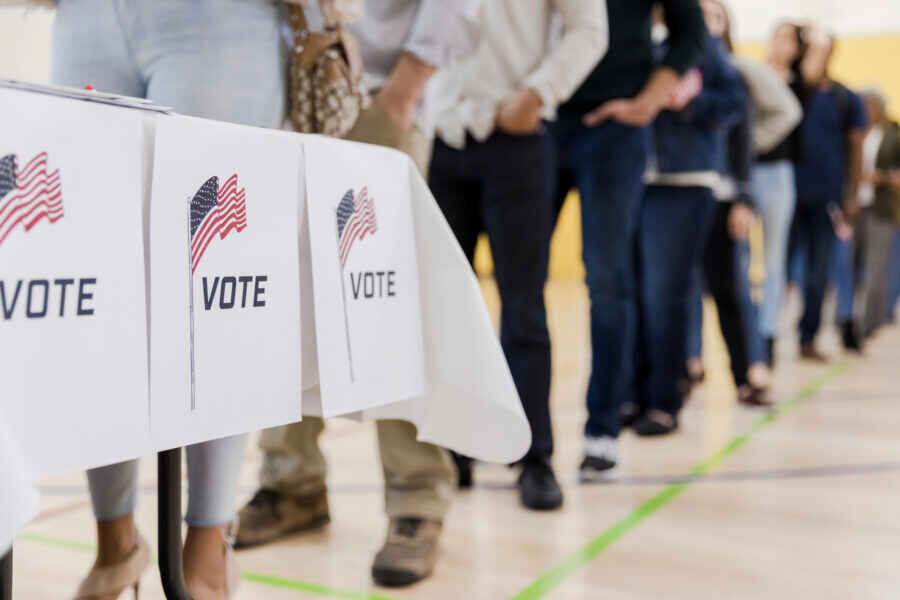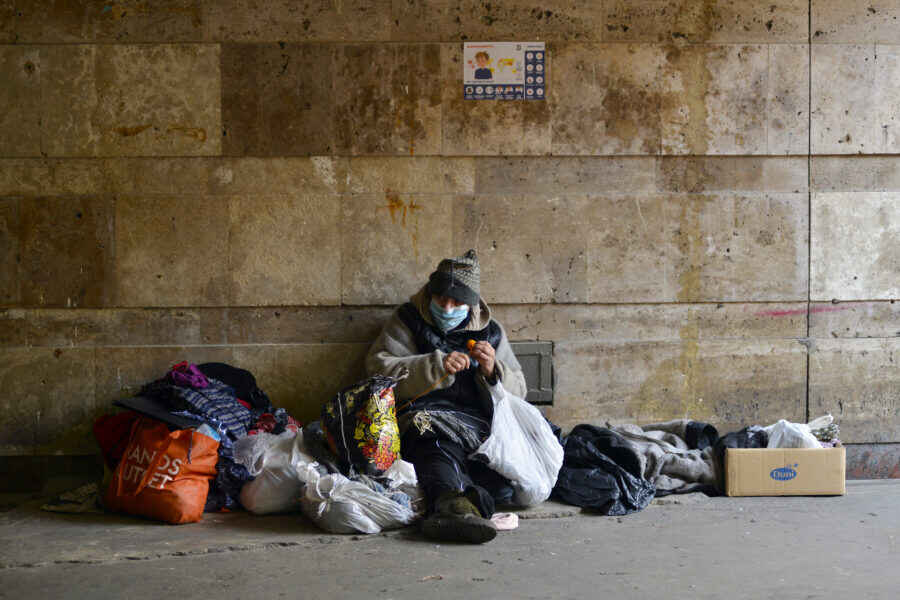
Disease Outbreaks at Substance Use Treatment Facilities: Balancing Privacy and Public Health
Law & Policy InsightsHealth Information and Data SharingSubstance Use Prevention and Harm ReductionThe current pandemic demonstrates the need for careful and explicit consideration of public health reporting provisions in privacy law. In federally assisted substance use treatment facilities, a lack of clear and standardized public health reporting regulations raises questions about how communicable disease reporting occurs in these settings, including whether the burden of disease among specific patient populations is accurately tracked.











